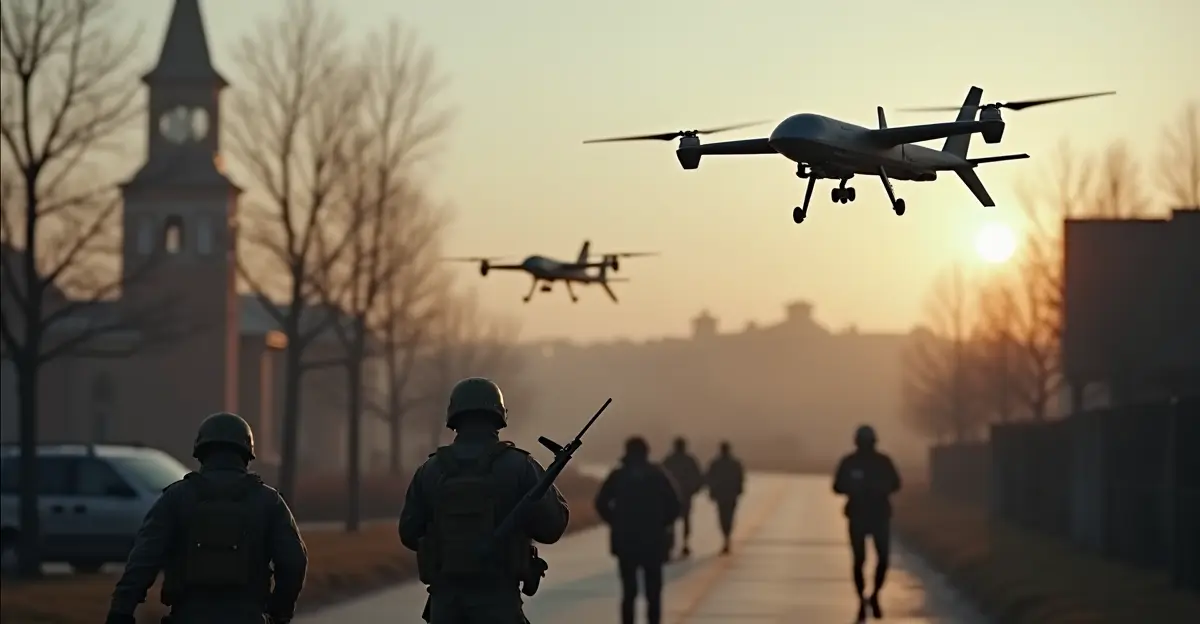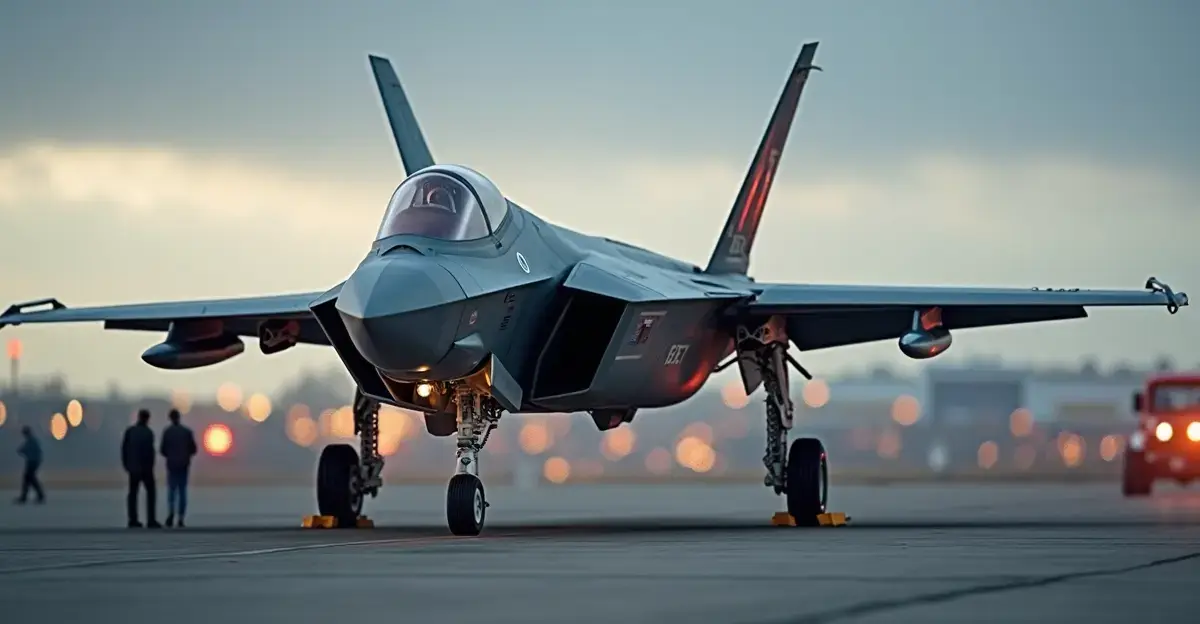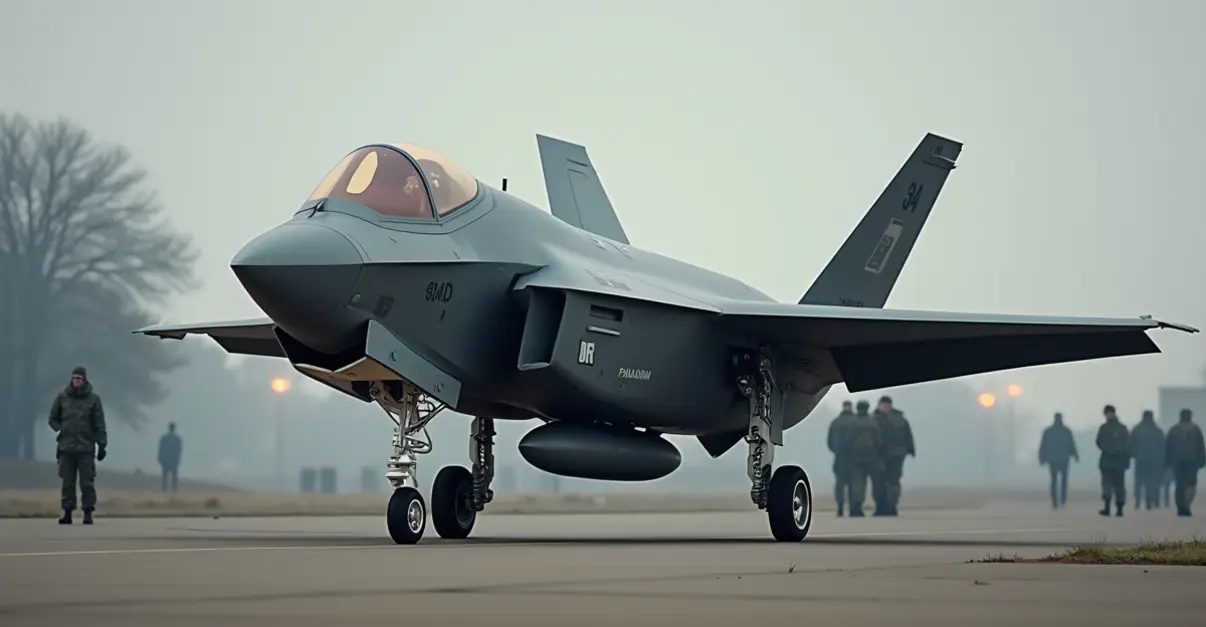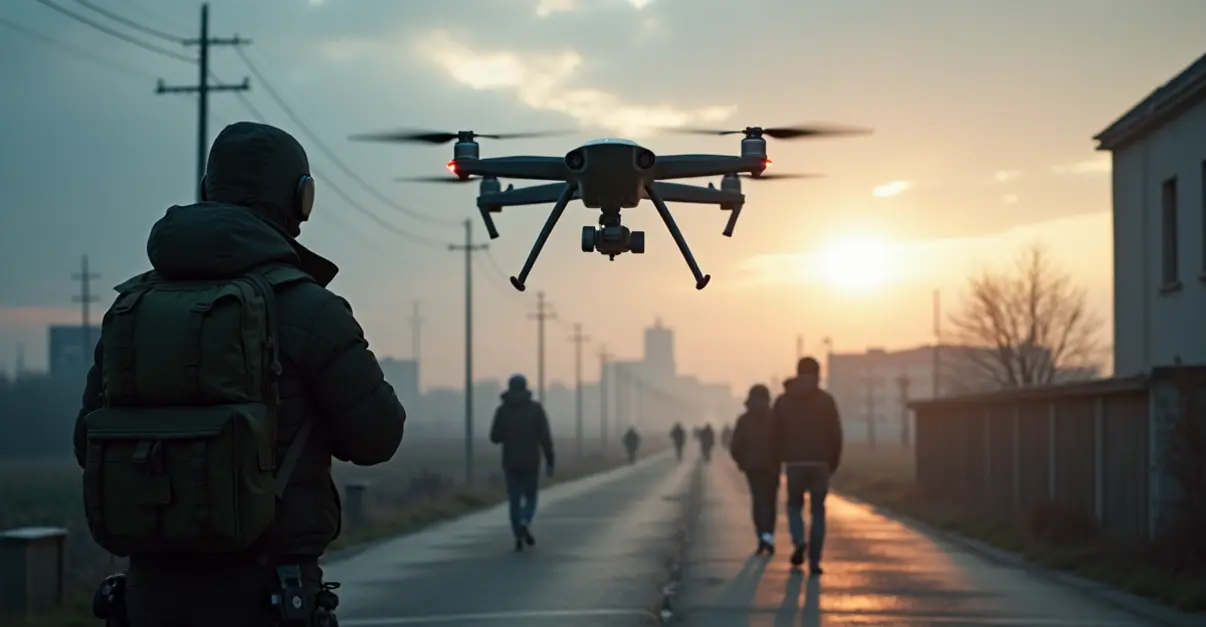Poland restricts air traffic along eastern borders after Russian drones violate airspace. NATO allies including Netherlands assist in interception. UN Security Council to hold emergency meeting.
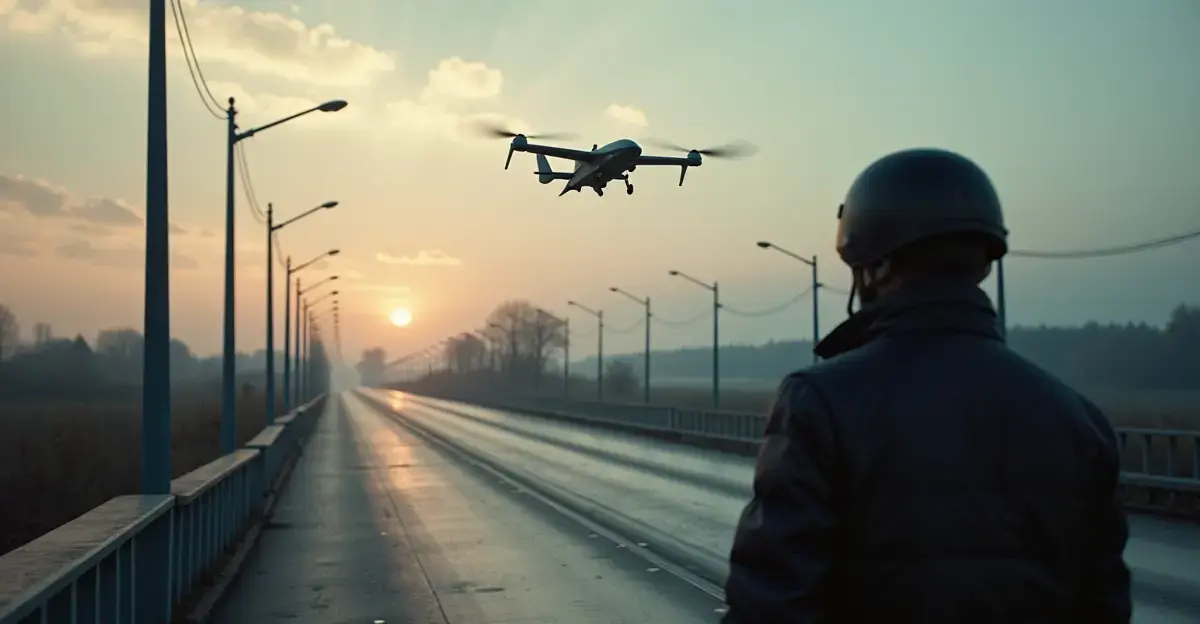
Poland Imposes Airspace Restrictions Following Russian Drone Violation
Poland has implemented significant air traffic restrictions along its eastern borders with Belarus and Ukraine following multiple Russian drone incursions into its airspace. The measures, which took effect yesterday, will remain in place until December 9th and primarily affect non-commercial aviation during nighttime hours.
Military Response and NATO Involvement
Polish defense forces, with support from NATO allies including the Netherlands, successfully intercepted and shot down the Russian drones. Dutch F-35 fighter jets played a crucial role in the operation, marking the second time in ten days that Netherlands aircraft have been deployed in Polish air defense missions.
"This was a deliberate and unprecedented provocation that requires a strong response from the international community," stated the foreign ministers of Poland, Ukraine, and Lithuania in a joint declaration.
Technical Details of Restrictions
The new regulations prohibit all drone flights and restrict small, non-commercial aircraft operations from sunset to sunrise in the designated border zone up to approximately 3,000 meters altitude. Commercial passenger flights remain unaffected as they typically operate above this altitude threshold.
International Diplomatic Response
The United Nations Security Council has scheduled an emergency meeting at Poland's request to address the airspace violations. Meanwhile, NATO members have tasked the alliance's military leadership with developing response options against Russia.
Netherlands has summoned the Russian ambassador to protest the incident, with other NATO countries expected to follow suit. The Russian Defense Ministry claims the airspace violation was unintentional, stating their drones were targeting military facilities in western Ukraine.
According to official statements, the three nations are calling for enhanced Ukrainian air defense capabilities and increased support for securing NATO's eastern flank.

 Nederlands
Nederlands English
English Français
Français Deutsch
Deutsch Español
Español Português
Português



